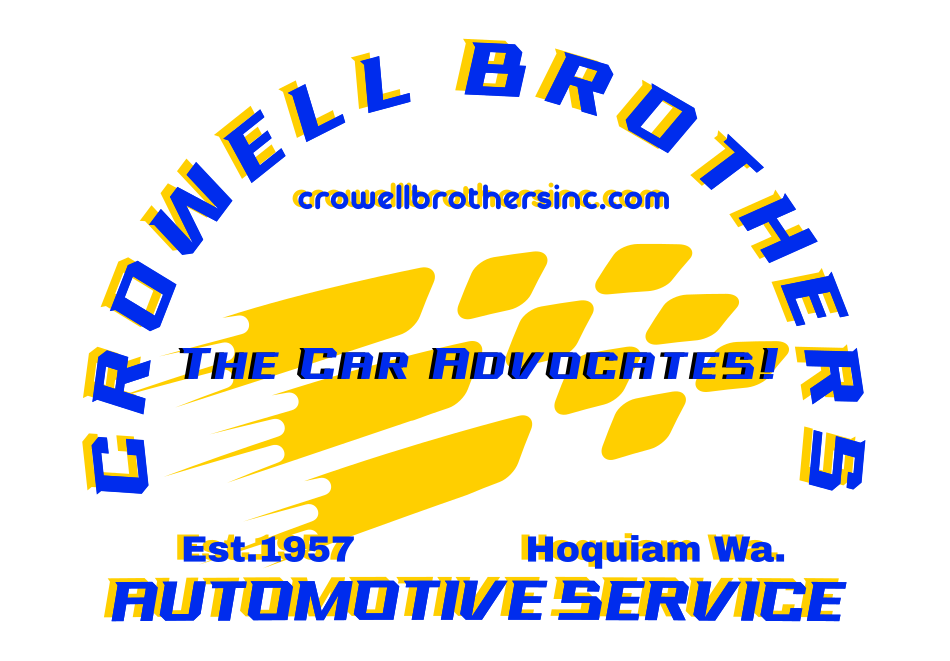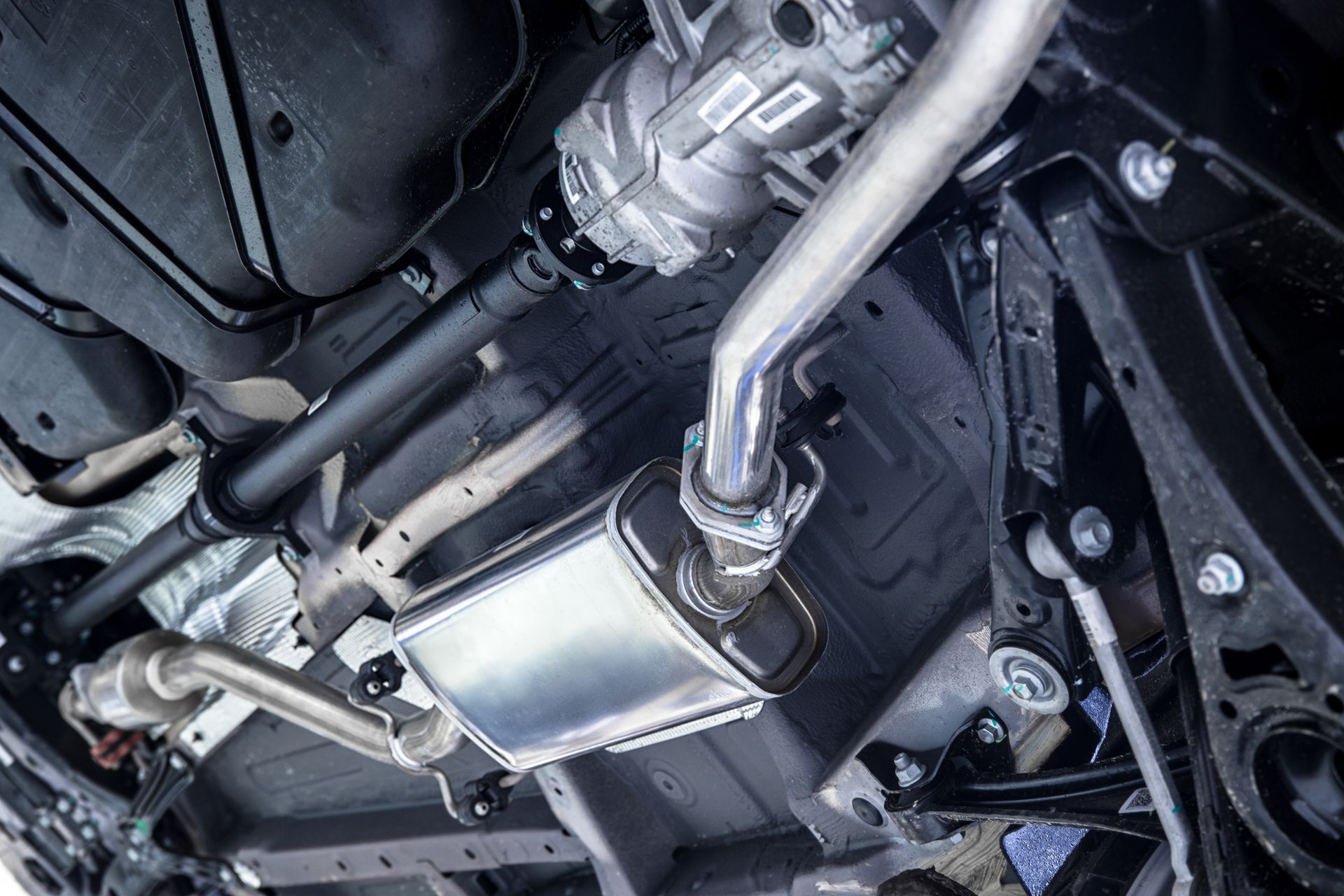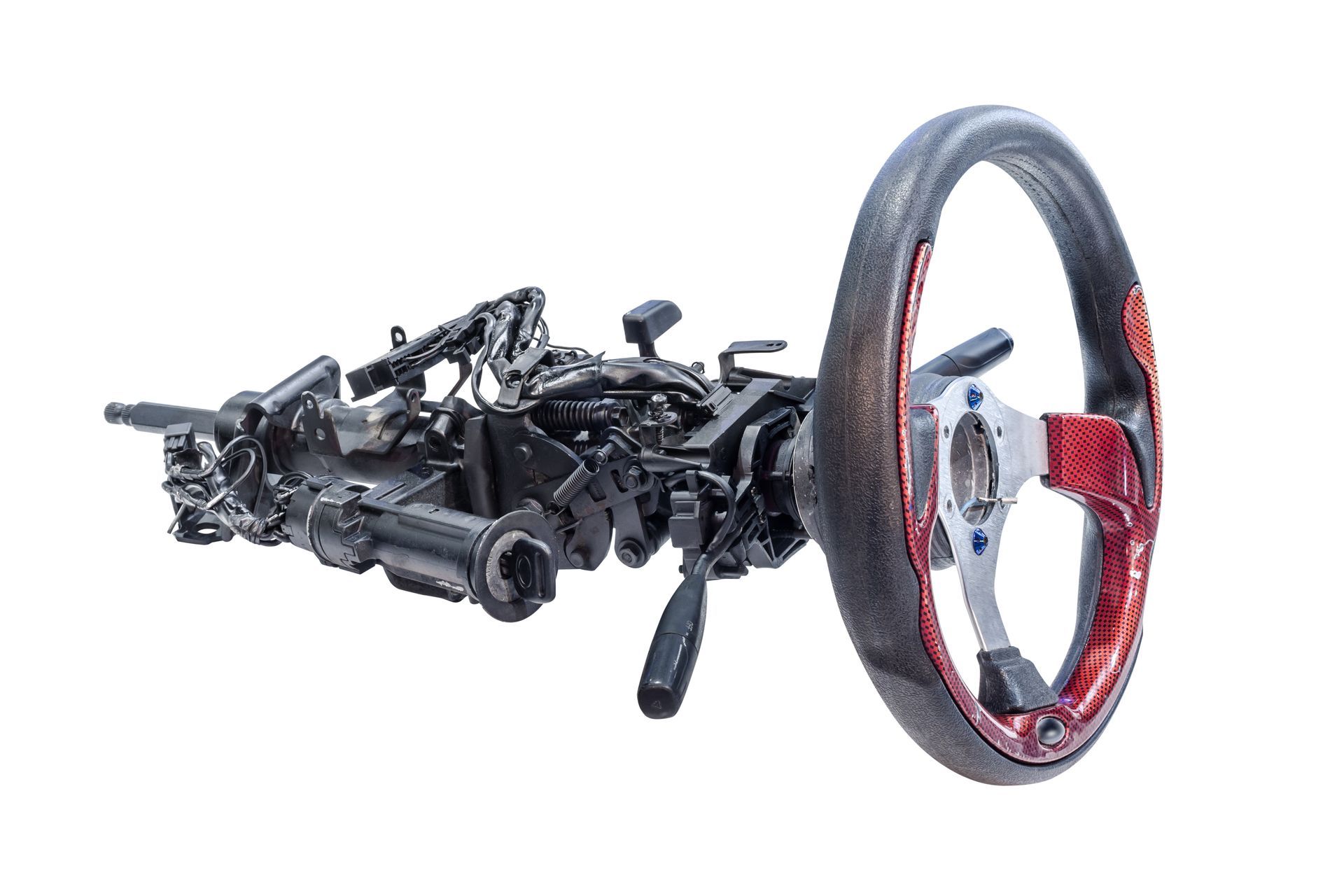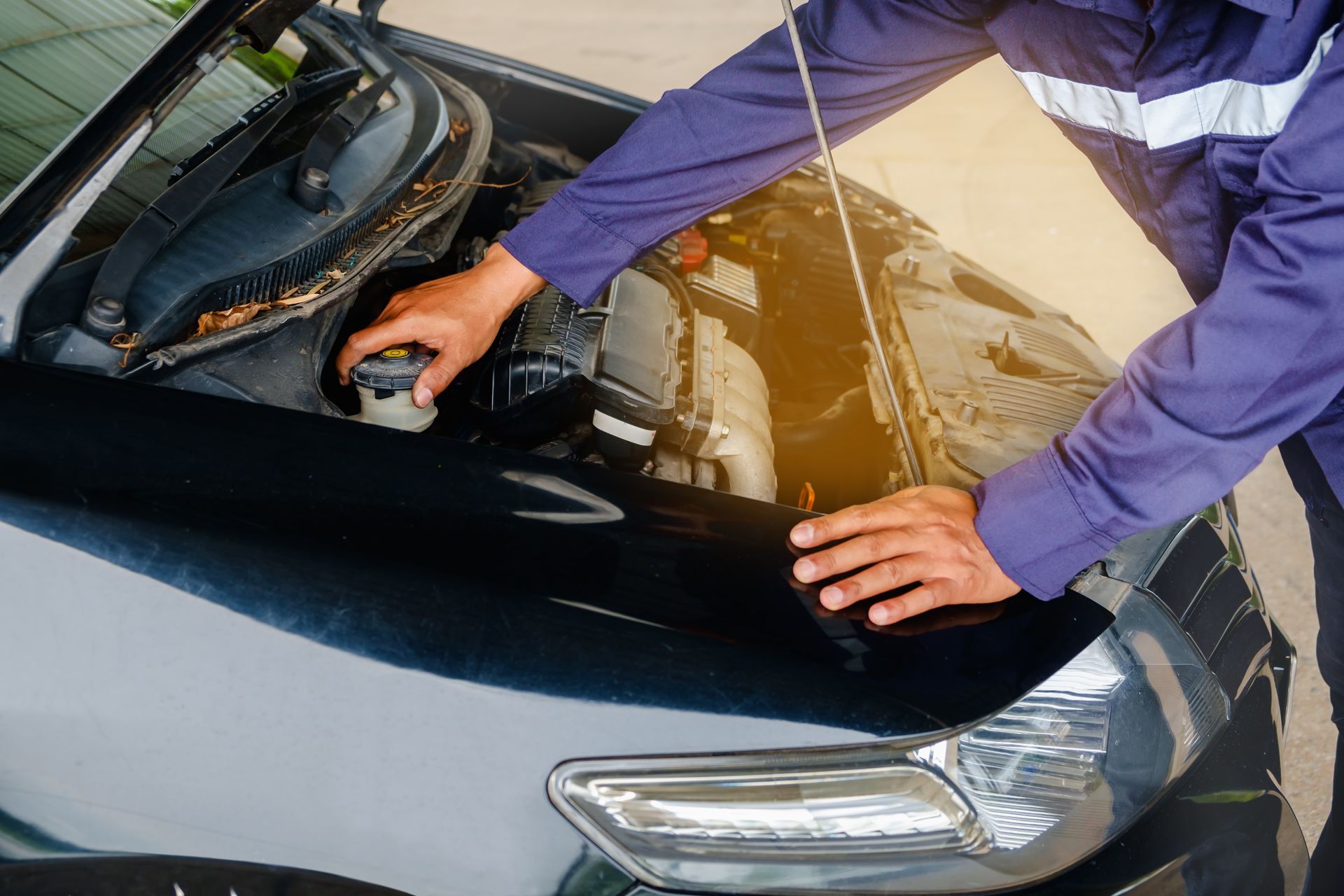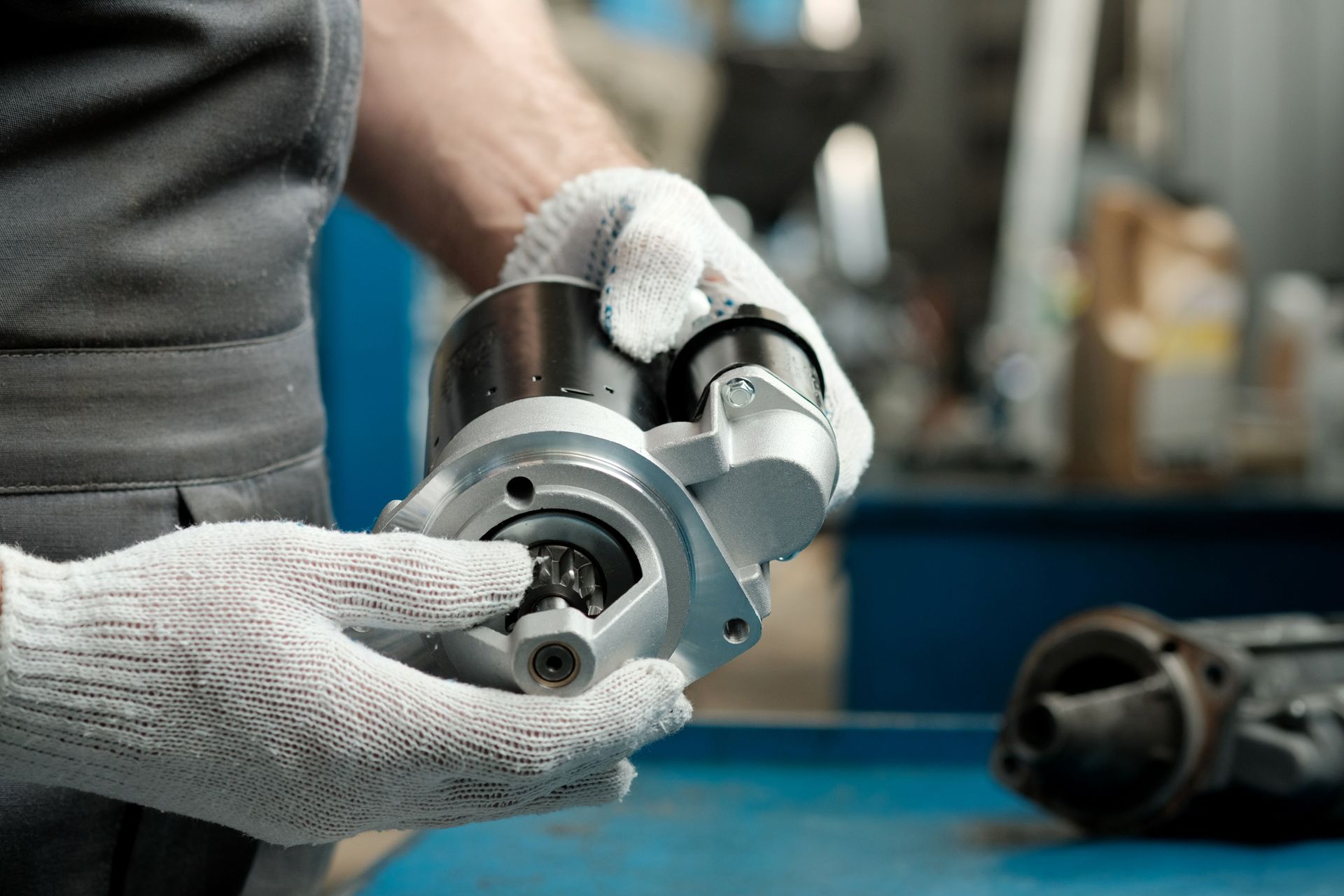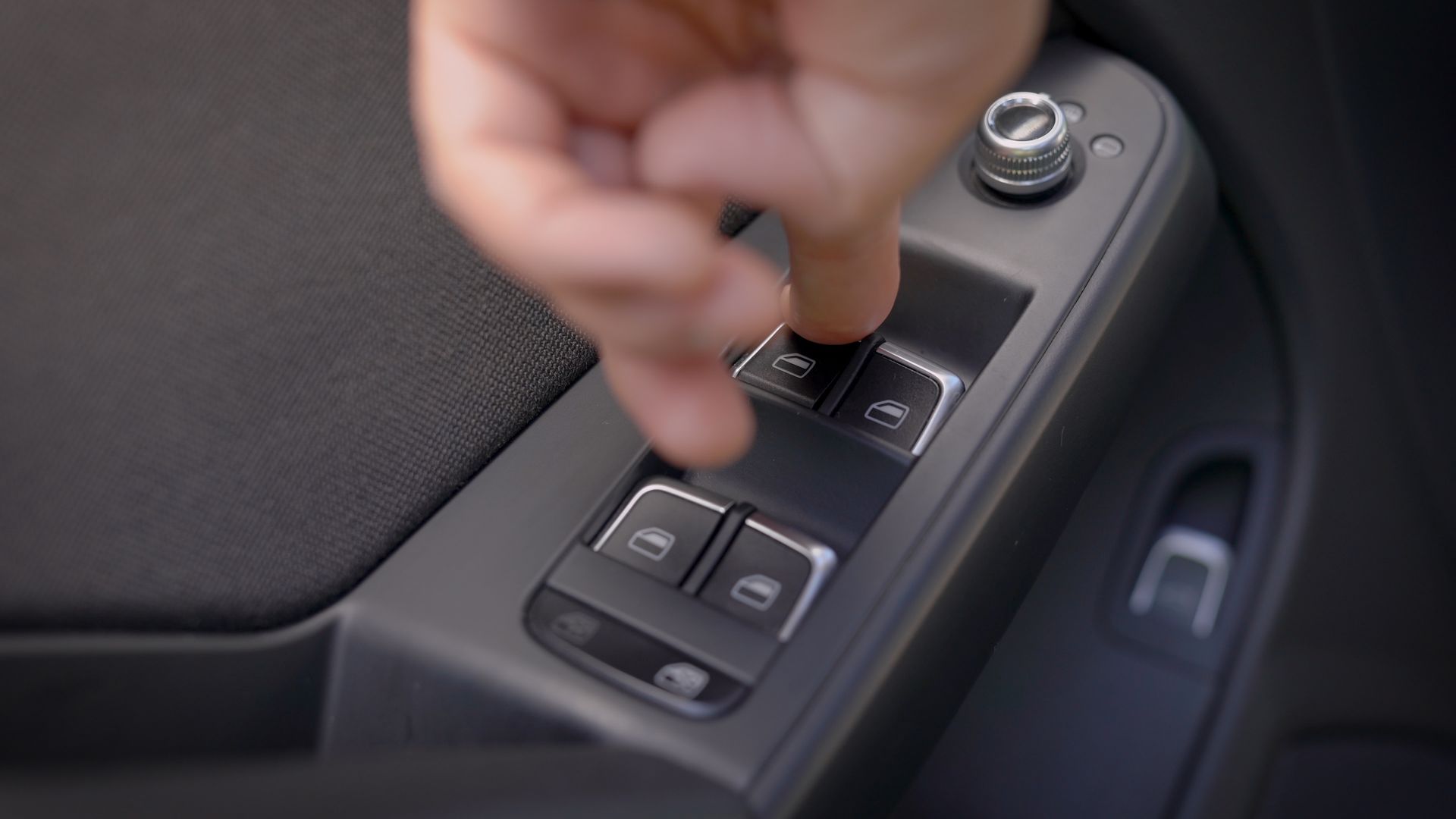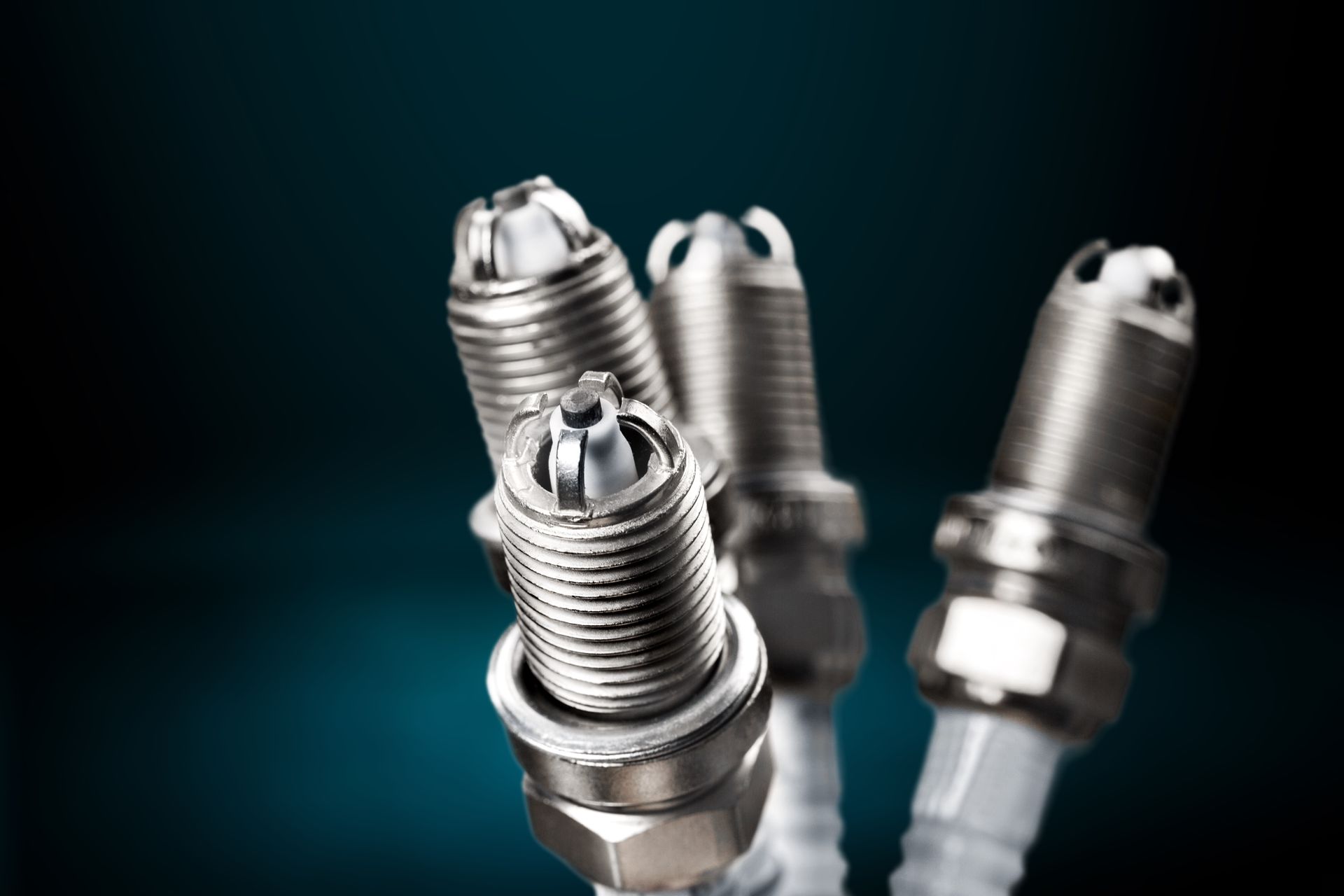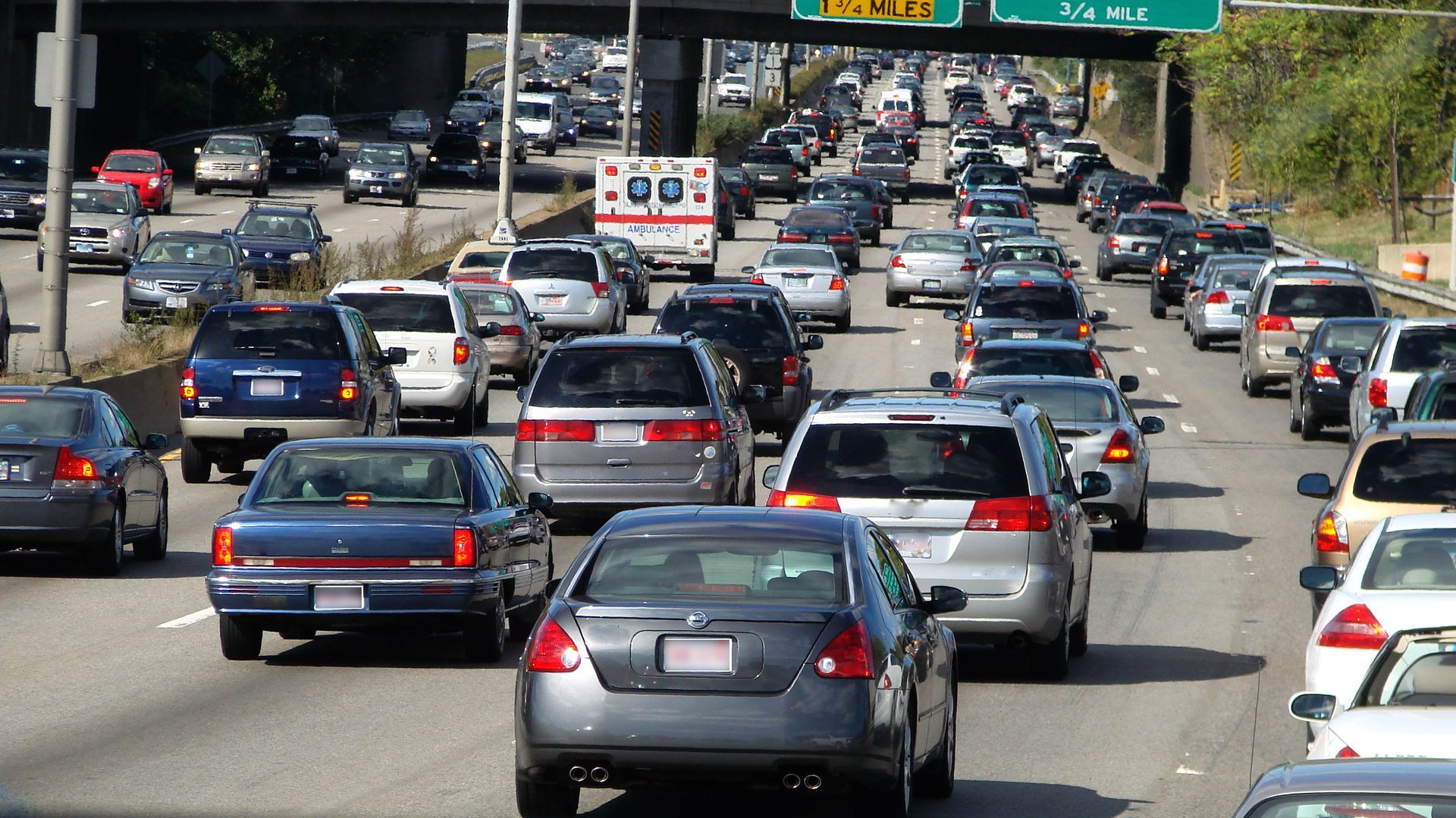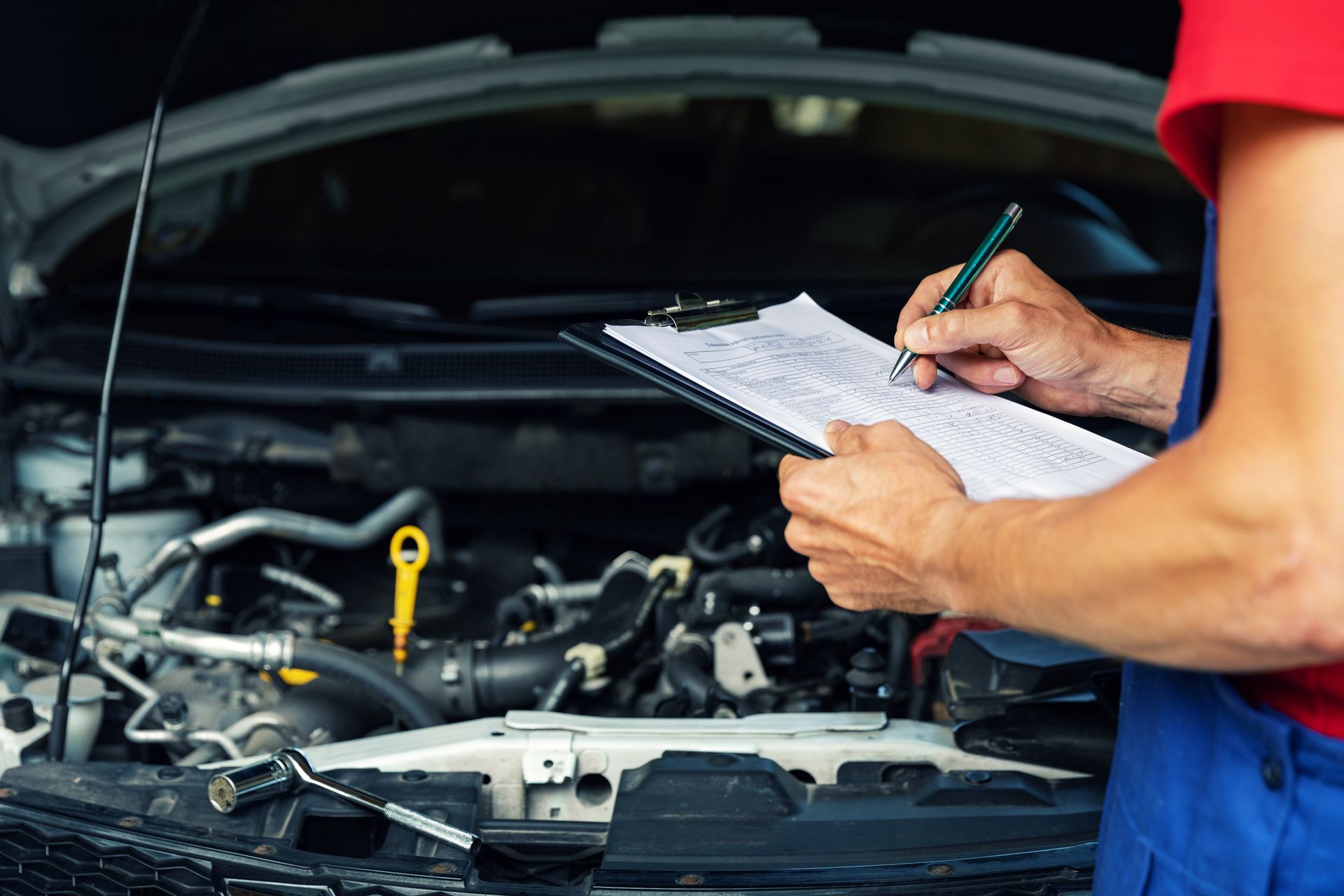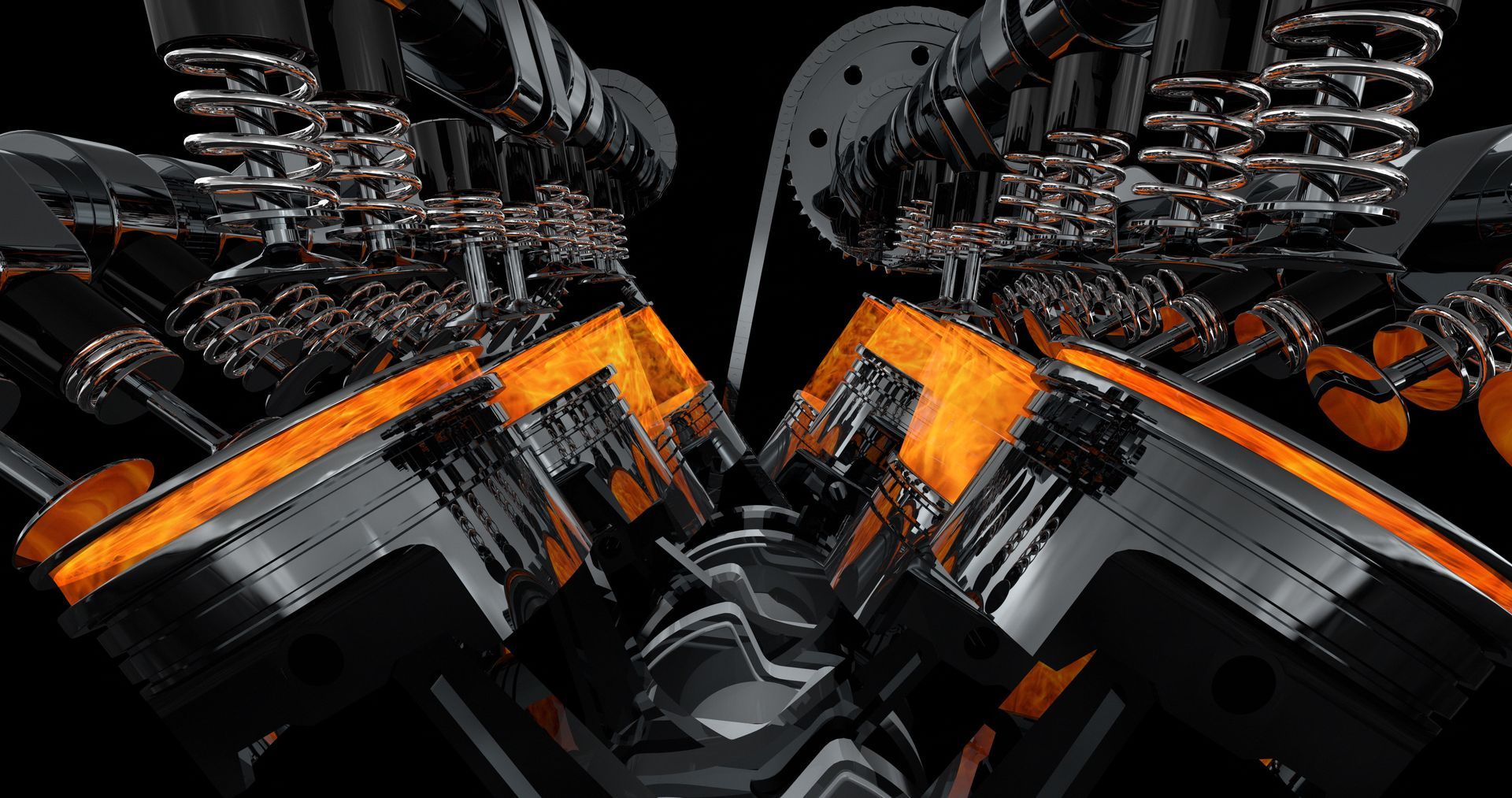It’s easy to assume that a smaller engine means better fuel efficiency. After all, less size must mean less fuel, right? In many cases, yes, but not always. While smaller engines can be more efficient under the right conditions, the relationship between engine size and fuel economy isn’t as straightforward as it seems.
If you’re considering a vehicle with a smaller engine or wondering why your “fuel-saver” isn’t saving quite as much as expected there are a few key factors to understand.
Why Smaller Engines Are Often More Efficient
The idea behind a small engine is simple: fewer cylinders and less internal mass mean the engine uses less fuel to operate. Small engines are generally lighter and often come paired with smaller, more aerodynamic vehicles. They also tend to be naturally more efficient in stop-and-go city driving, where lighter loads and lower speeds allow them to shine.
Modern small engines also use advanced technologies like turbocharging, direct injection, and variable valve timing, which improve fuel economy and performance. When cruising at a steady speed on level roads or making short trips around town, a small engine can definitely help stretch your fuel budget.
Where Small Engines Can Struggle
Despite the advantages, smaller engines aren’t always the most fuel-efficient option, especially when they’re pushed hard. If you regularly drive in hilly terrain (like the backroads outside Hoquiam), carry passengers, tow trailers, or enjoy more spirited acceleration, that smaller engine may have to work much harder.
And when a small engine works harder, it burns more fuel. In some situations, a larger engine with more torque can actually be more efficient because it doesn't need to strain to deliver the same power.
If you’ve ever had a compact car that felt sluggish when merging onto the highway or struggled to maintain speed on an incline, you've seen this in action. It’s not just about engine size. It's about how well the engine fits the kind of driving you do.
Turbocharged Engines: The Efficiency Trade-Off
Turbocharged small engines are common in today’s vehicles. They use a turbo to force more air into the engine, increasing power output without increasing engine size. In theory, this gives you the best of both worlds: a small engine for cruising and extra power when you need it.
However, when the turbo kicks in frequently during aggressive driving or while carrying a load, the engine usually ends up burning more fuel than a naturally aspirated alternative. And that “real world” driving scenario often looks different from the EPA estimates on the sticker.
If your driving style involves lots of acceleration, highway passing, or towing, you may find that a larger engine actually delivers better consistent mileage and performance.
Transmission and Gearing
Engine size is only part of the fuel efficiency equation. Transmission and gear ratios play a big role, too. A small engine with an inefficient transmission can burn just as much fuel as a larger one, especially if it's constantly downshifting to maintain speed.
Modern vehicles with advanced 8- or more-speed automatics, or CVTs (continuously variable transmissions) help small engines operate more efficiently. But again, the benefits depend heavily on your driving conditions.
Matching Engine Size to Your Needs
The best engine for fuel economy is the one that fits how you actually use your vehicle. A smaller engine is usually a solid choice for city drivers with short commutes and light loads. But if your days include mountain roads, frequent passengers, or heavy cargo, a slightly larger engine might actually be the more economical option over time.
Think about how often you ask your vehicle to perform at its limit. If that’s a regular occurrence, a small engine might not save as much fuel as you’d hope and could even wear out faster from constant stress.
Crowell Brothers Automotive – Helping You Understand Your Vehicle in Hoquiam, WA
At
Crowell Brothers Automotive, we can help you make sense of what’s really happening under the hood. Whether you’re thinking about your next car or just want to understand how to get better gas mileage out of the one you have, our team is here to offer advice and expert service. Stop by our Hoquiam shop and let’s talk about how to get the best performance and efficiency for your specific needs.
